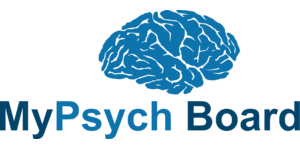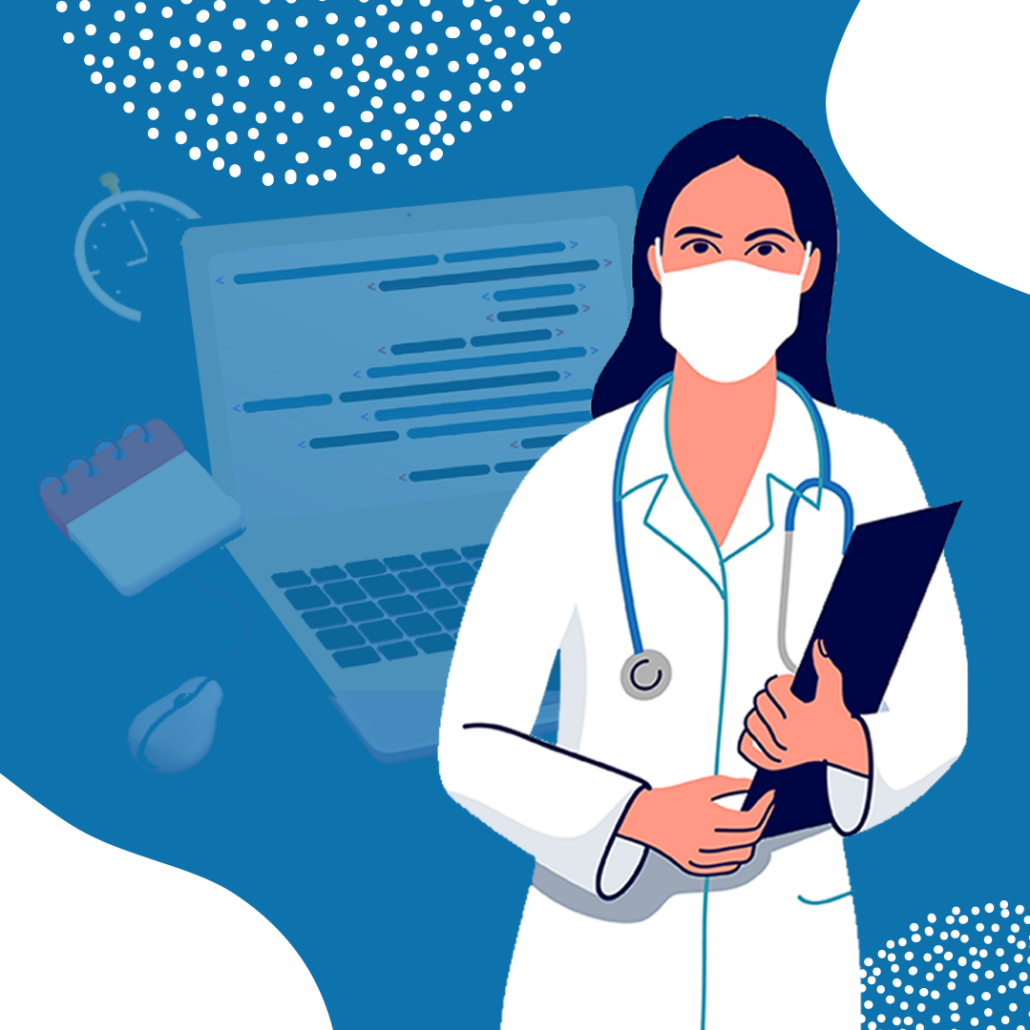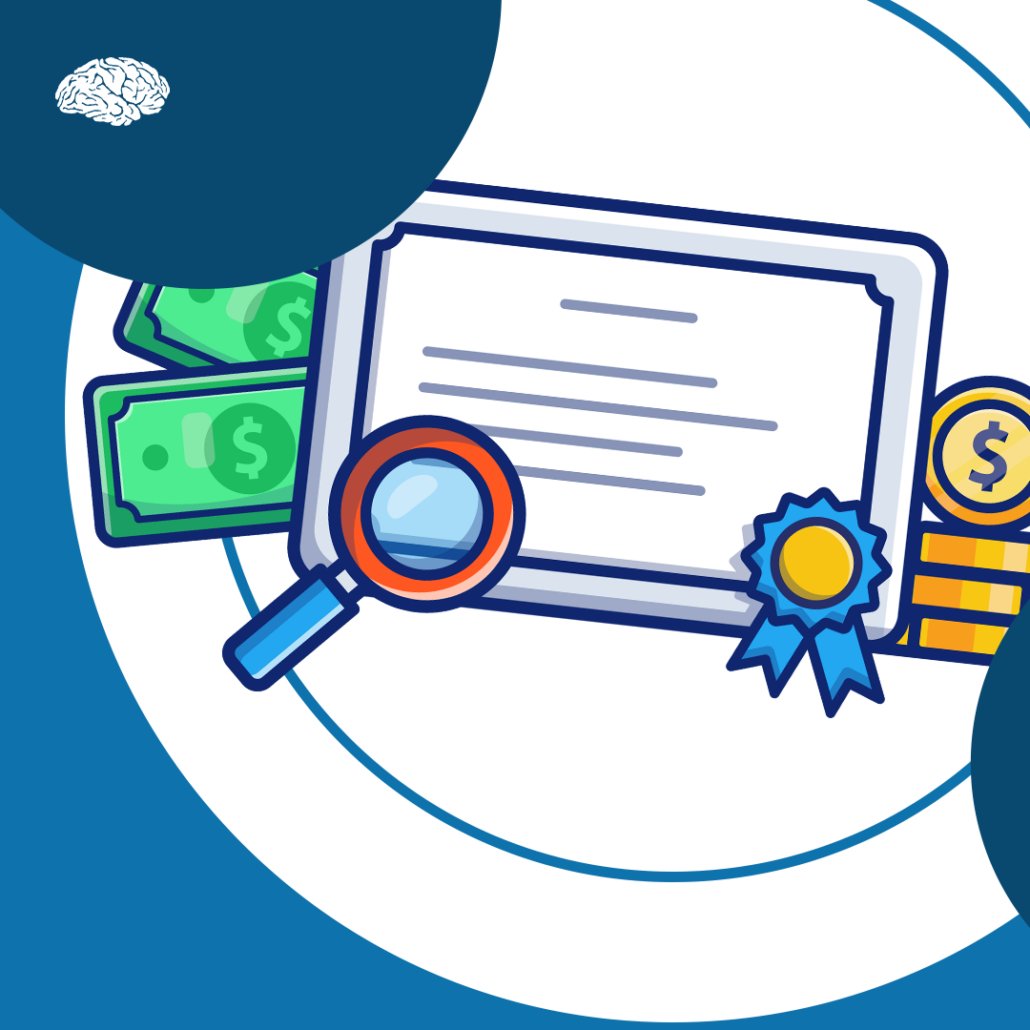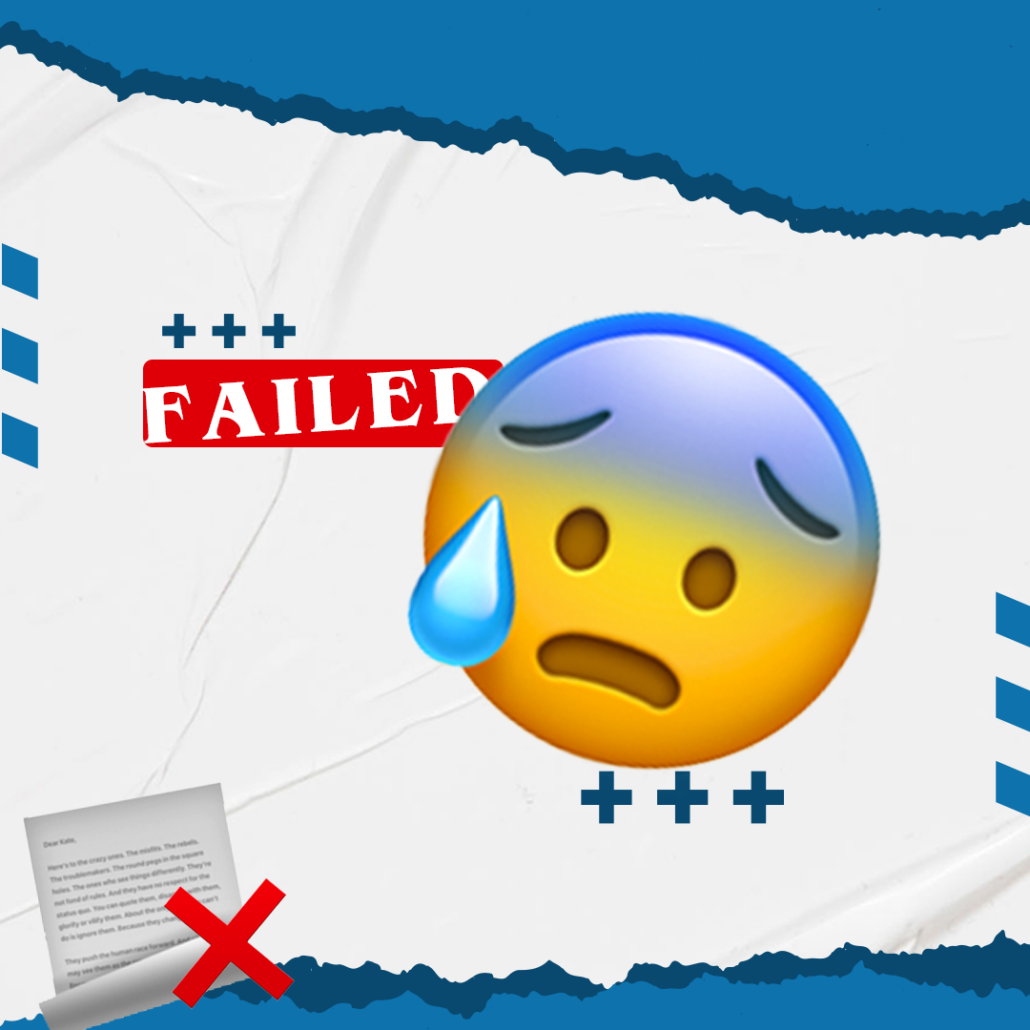Syndrome Series: Schizoid vs. Schizotypal Personality
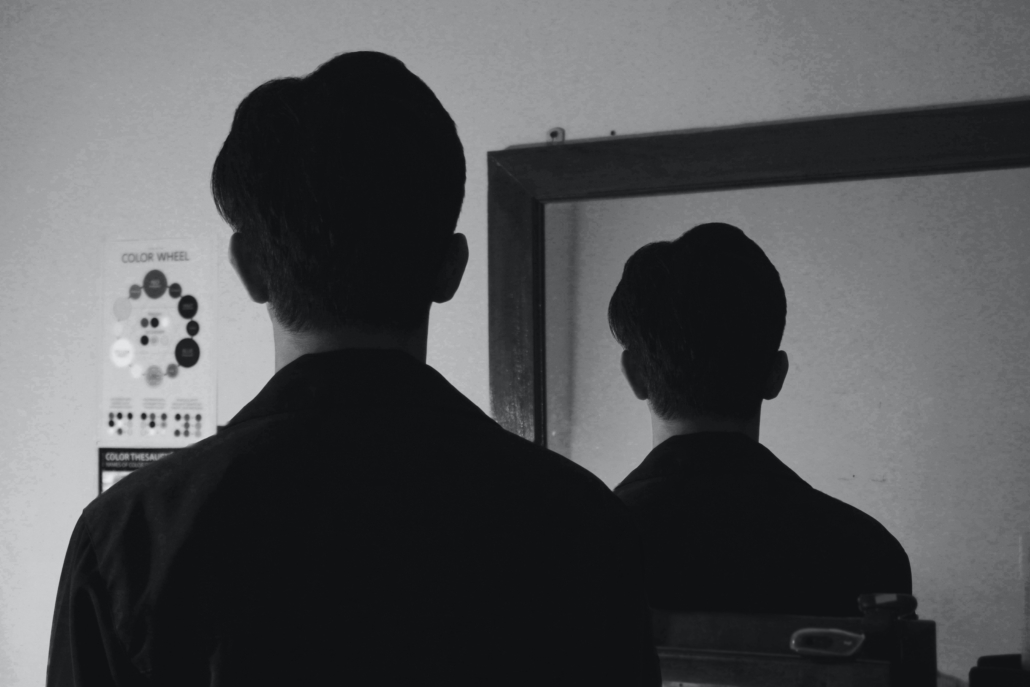
What is Schizoid Personality
Schizoid personality is a cluster A personality disorder found in the DSM-V. Individuals with this disorder are not “almost schizophrenic” as the name may imply. Instead, these are unique individuals that show detachment from socials relationship and severe restriction in range of emotional expression. The DSM classifies it as showing at least four of the following: neither desire or enjoyment of close relationships (including being a part of a family), almost always choosing solitary activities, having little if any interest in sexual experiences with other people, experiencing little pleasure from any activities, lacking close friends or confidants, showing indifference to praise or criticism, and showing emotional coldness, detachment or flattened affectivity.
This pattern of behavior usually emerges in early adulthood. To others, these individuals seem to lack a desire of any form of intimacy or social connectedness. It is not a common condition, with a prevalence rate of 3.1- 4.9% in the U.S. population.
Schizoid vs. Schizotypal Personality
Schizotypal personality is also a cluster A personality disorder. Although the names are similar, there are several key distinctions between Schizoid and Schizotypal personality. While they both have few, if any, close friends or confidants and show constricted affect, the root of these similar attributes is different. Schizotypal personality is associated with a lack of capacity and severe discomfort with close relationships; Schizoid personality is associated with a total lack of interest and indifference to others.
Schizotypal individuals show interpersonal deficits as well as cognitive or perceptual distortions. The DSM requires that these individuals also display at least five of the following: ideas of reference, odd beliefs or magical thinking (i.e., belief in telepathy or clairvoyance, bizarre fantasies), bodily illusions or unusual perceptual experiences, odd thinking and speech (i.e., vague, circumstantial, metaphorical), odd or eccentric behavior, and excessive social anxiety associated with paranoid or suspicious ideation.
Similar to Schizoid, this pattern of behavior also emerges in early adulthood. While Schizoid personality appears detached and cold to others, Schizotypal personality appears as eccentric or odd, and as having apparent discomfort with close relationships. The prevalence rate is similar to Schizoid personality at just under 4% of the U.S. population.
First Line Treatments
Treatment options for either of these disorders generally includes psychotherapy as the primary tool. Some pharmaceutical options may be used as well, but there is no current specific medication used for either disorders.
Psychotherapy
- Family therapy- Schizoid patients may be seen with family members as a means of the family trying to bridge the apparent gap between them. This type of therapy may be helpful in giving the family members tools and knowledge in how to maintain a manageable relationship with the Schizoid individual, although the patient may not respond. Conversely, Schizotypal patients may benefit from family therapy as a means of building trust and improving communication skills, as well as reducing anxiety around social interaction with their family.
- Group therapy- For a Schizoid patient, group therapy may prove to be beneficial as it offers them an opportunity to practice social skills in a controlled setting with others that are similar to themselves. If they are responsive, it can provide groundwork for learning how to connect on a social level with others.
- Supportive therapy- Schizotypal patients can respond positively to supportive therapy as it gives them space to learn adaptive skills and gain encouragement.
- Modified CBT- Both Schizoid and Schizotypal patients can benefit from modified CBT. CBT is used to address erroneous and/or negative thought patterns, restructure ones perceptions, and change the ensuing behaviors. For a Schizoid patient, this may involve examining their beliefs on the utility of relationships as well as their expectations of how to conduct relationships with others. For a Schizotypal patient, this may involve addressing the negative thought patterns leading to their social anxiety and paranoia, and learning more adaptive skills in social settings.
Pharmaceuticals
There are no current, FDA approved medications for either of these personality disorders. However, some medications may be used in combination with psychotherapy to alleviate symptoms to benefit the patient, such as antidepressants or antianxiety medications.
Ready to learn more?
Give our question banks a try- FREE- using our Free Trial! Or if you’re ready to take the plunge, check out our Question Banks and find the perfect fit for you! Or, contact us with any questions you have so we can get you on the right path today!
REFERENCES:
American Psychiatric Association. (2022). Diagnostic and statistical manual of mental disorders (5th ed., text rev.). https://doi.org/10.1176/appi.books.9780890425787
Cleveland Clinic: https://my.clevelandclinic.org/health/diseases/23030-schizoid-personality-disorder
